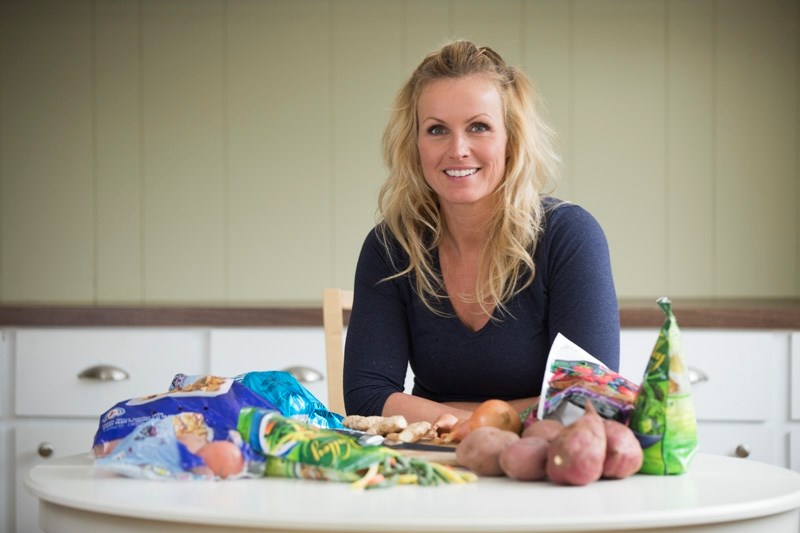With the economy in a slump, the climbing prices of fresh produce are hitting families hard.
Growing conditions in the U.S. and China have made some fruits and vegetables difficult to produce, resulting in astronomical prices for some fresh favourites.
Erin Power, certified holistic nutritionist at eat.simple and produce marketer for a local distributor, said high prices for fresh vegetables is “like a cruel joke.”
“People are losing their jobs, people are losing their homes and the economy is down, and food prices are going up,” said Power. “It’s not related to the economy, it’s completely just the weather and climate factor this year, but it’s unfortunate timing.”
She said the $8-per-head prices on cauliflower witnessed earlier this month have now mellowed, but other veggies like celery and green onions are beginning to take a hit.
The cause of poor growing conditions is El Nino, she said, which brings with it an unpredictable climate that makes wet areas dry and dry zones wet.
“A lot of the produce we bring in from China, for example, comes from regions getting snow that haven’t seen it in generations,” said Power. “These places we rely on to get fruits and vegetables are being hit hard.”
She said consumers have two options available to get the best produce for their buck – eat seasonally, and eat frozen food.
Eating seasonally works in tune with the body, she said, which tends to crave certain foods when they are in-season.
“Our bodies actually want seasonal fruits and veggies as they come and go,” said Power. “In the summer we want lighter, more watery things like berries and cucumbers, but in the winter our bodies want those root vegetables.”
While lettuce and spinach from California are struggling this year, “cold-weather” or “winter” greens, she said, such as kale and Brussels sprouts, are readily available during the winter at relatively decent prices.
Potatoes, parsnips, carrots and beets are all nutrition-rich vegetables easily found in the winter, she said, and their supply and price don’t tend to fluctuate like other produce.
“If you went back a few generations, they’d have a root cellar and store all their root vegetables from the summer there, and live off those for the winter,” said Power. “We’re built to be able to do that.”
Despite their bad rap for being carbohydrate-heavy, Power said potatoes are loaded with essential vitamins and minerals and should be enjoyed regularly.
“People need to get past the carb idea and enjoy the benefits of the traditional potato,” she said.
Another food whose reputation stops people from taking it off the shelf if frozen fruits and vegetables, she said.
In a bad economy, she said the frozen foods are a great alternative that is easy on the budget.
“Vegetables are typically flash-frozen immediately after being picked, which really locks in those nutrients,” said Power. “The fresher the food, the better for you it is, that’s the key.”
That’s also part of the recent push for buying more locally, she said, because when produce is not being transported for weeks it’s as fresh and nutrient-rich as it gets.
Frozen vegetables offer a healthy and cheap alternative, she said, because they are essentially straight off the vine, and were picked long ago, before the current growing conditions took their toll on fresh produce.
“When you look at your freezer aisle, what you’re seeing is nutrition frozen in time,” said Power.
She said the stigma surrounding frozen fruits and vegetables likely stems from nutritionists, like herself, advising people to stay away from processed food.
“I tell my clients to avoid foods that come in bags and cans as much as possible,” Power said. “But with frozen produce it’s a different story.”
From mixed vegetables and bags of corn or peas to berries and fruits for making smoothies or adding to healthy breakfast items like oatmeal, she said the frozen section of the grocery store can pack a nutrient-heavy punch.
“Just stay away from the boxed pizzas and pastas and you’re fine,” Power said. “It’s tough times, but with some winter greens and frozen produce there’s still good stuff to be had out there.”




